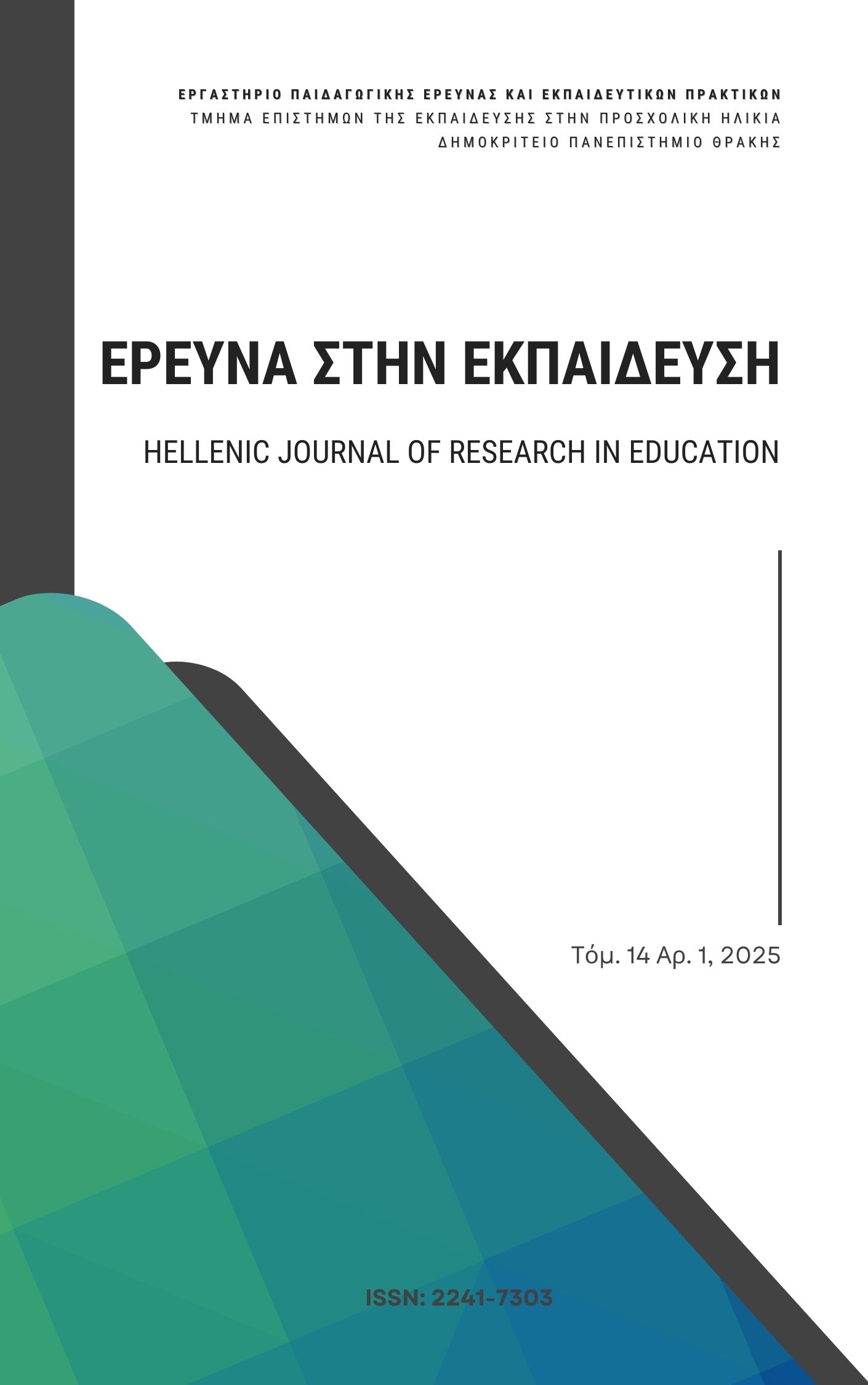The Relationship Between Educational Participation and Equality and Deliberative Democracy in Greece: A Multiple Regression Model

Abstract
This paper explores the relationship between educational participation and equality and the quality of deliberative democracy in Greece. Deliberative democracy is a system grounded in decision-making through consultation and public discourse, aiming at the common good and encouraging active citizen involvement in policy formation. At the core of the study lies the Integrated Index of Educational Participation and Equality (IIEPE), a multidimensional indicator that measures access to and equality in education across primary, secondary, and tertiary levels. The index assesses both educational equity and citizen engagement in the educational process.
The research utilizes data from the V-Dem (Varieties of Democracy) database, which offers a wide range of indicators on different forms of democracy worldwide. The aim is to examine whether participation in education influences deliberative democracy in Greece.
The main findings indicate that citizen participation in primary, secondary, and tertiary education does not significantly affect the quality of deliberative democracy in the country. This outcome may be attributed to the devaluation of the Greek educational system or the general inefficiency of public schooling. The study concludes that deliberative democracy in Greece is not impacted by educational participation and equality to the extent that might be expected. It highlights the need for further research and policy interventions to strengthen the role of education in democratic engagement and deliberation.
Article Details
- How to Cite
-
Papaoikonomou, A. (2025). The Relationship Between Educational Participation and Equality and Deliberative Democracy in Greece: A Multiple Regression Model. Hellenic Journal of Research in Education, 14(1), 70–87. https://doi.org/10.12681/hjre.41354
- Issue
- Vol. 14 No. 1 (2025)
- Section
- Articles

This work is licensed under a Creative Commons Attribution-NonCommercial-ShareAlike 4.0 International License.
Authors who publish with this journal agree to the following terms:
- Authors retain copyright and grant the journal right of first publication with the work simultaneously licensed under a CC-BY-NC-SA that allows others to share the work with an acknowledgement of the work's authorship and initial publication in this journal.
- Authors are able to enter into separate, additional contractual arrangements for the non-exclusive distribution of the journal's published version of the work (e.g. post it to an institutional repository or publish it in a book), with an acknowledgement of its initial publication in this journal.
- Authors are permitted and encouraged to post their work online (preferably in institutional repositories or on their website) prior to and during the submission process, as it can lead to productive exchanges, as well as earlier and greater citation of published work (See The Effect of Open Access).


